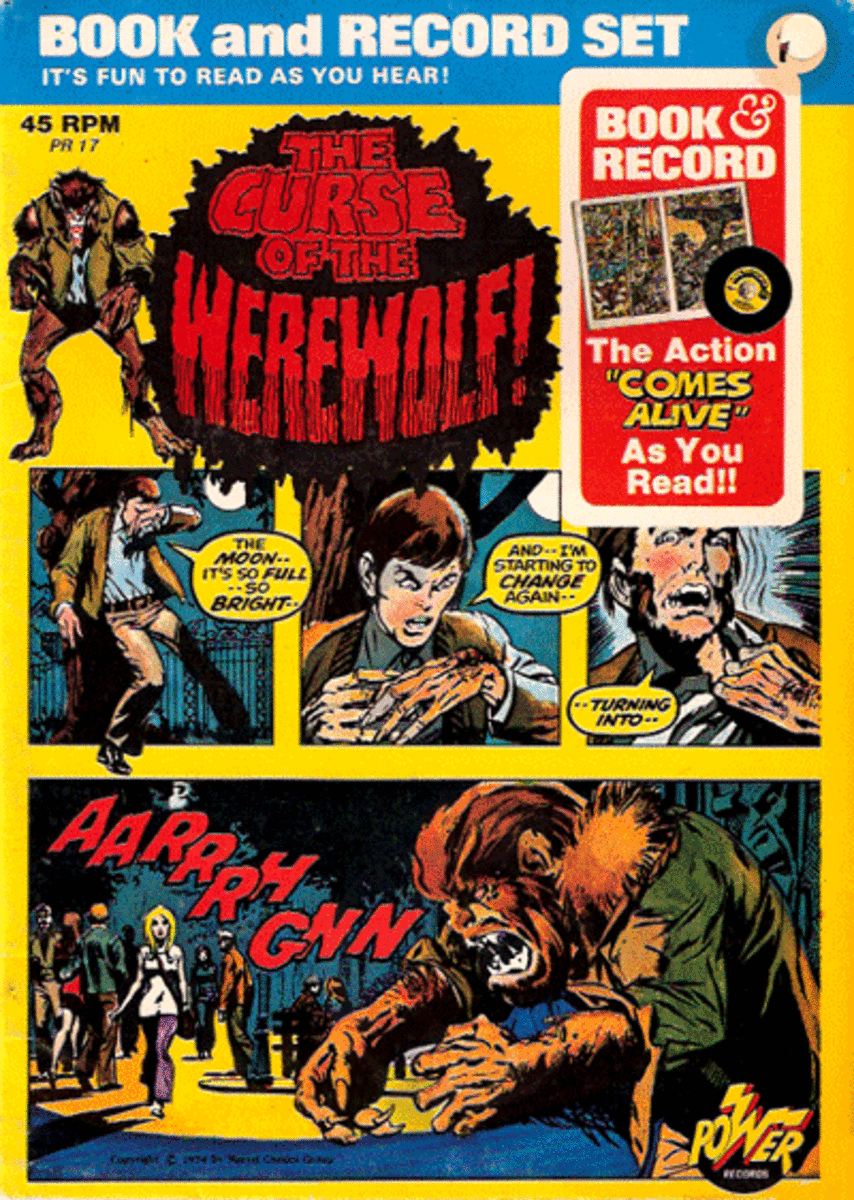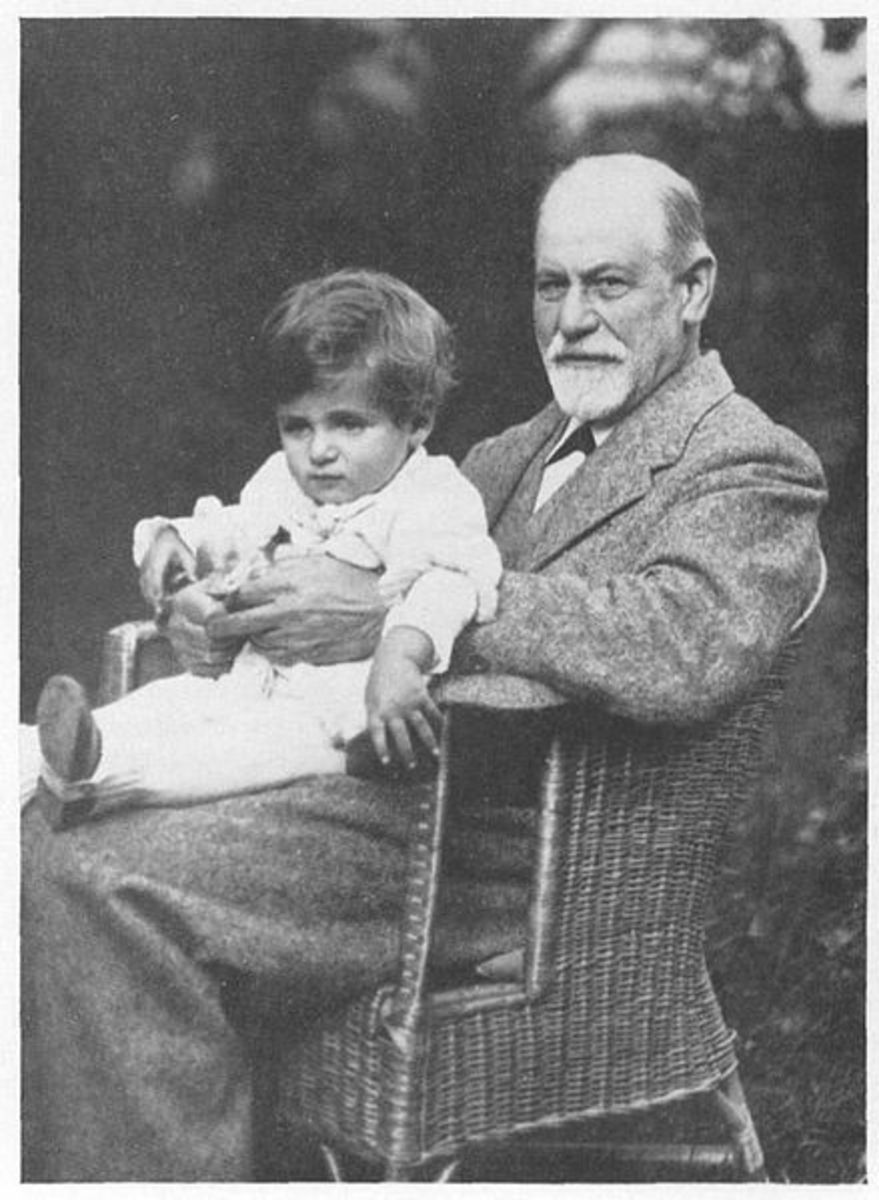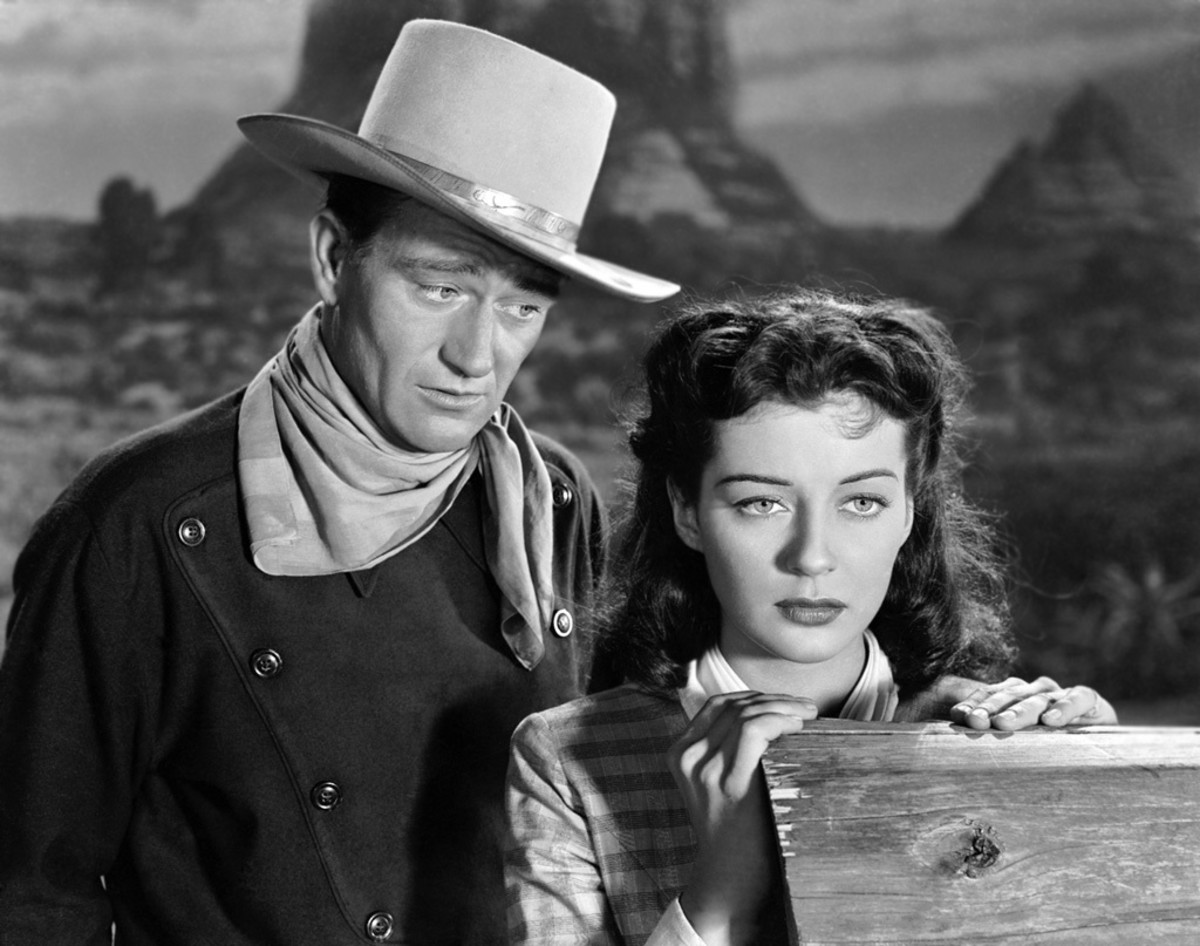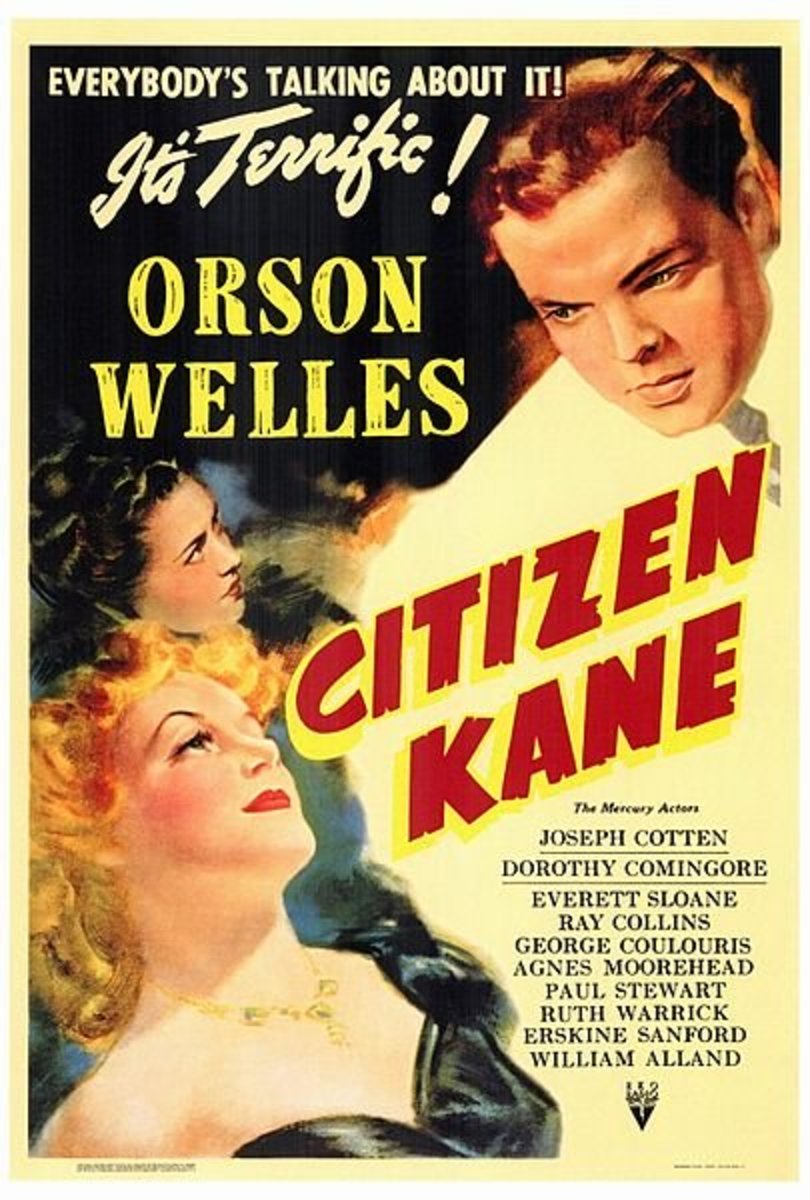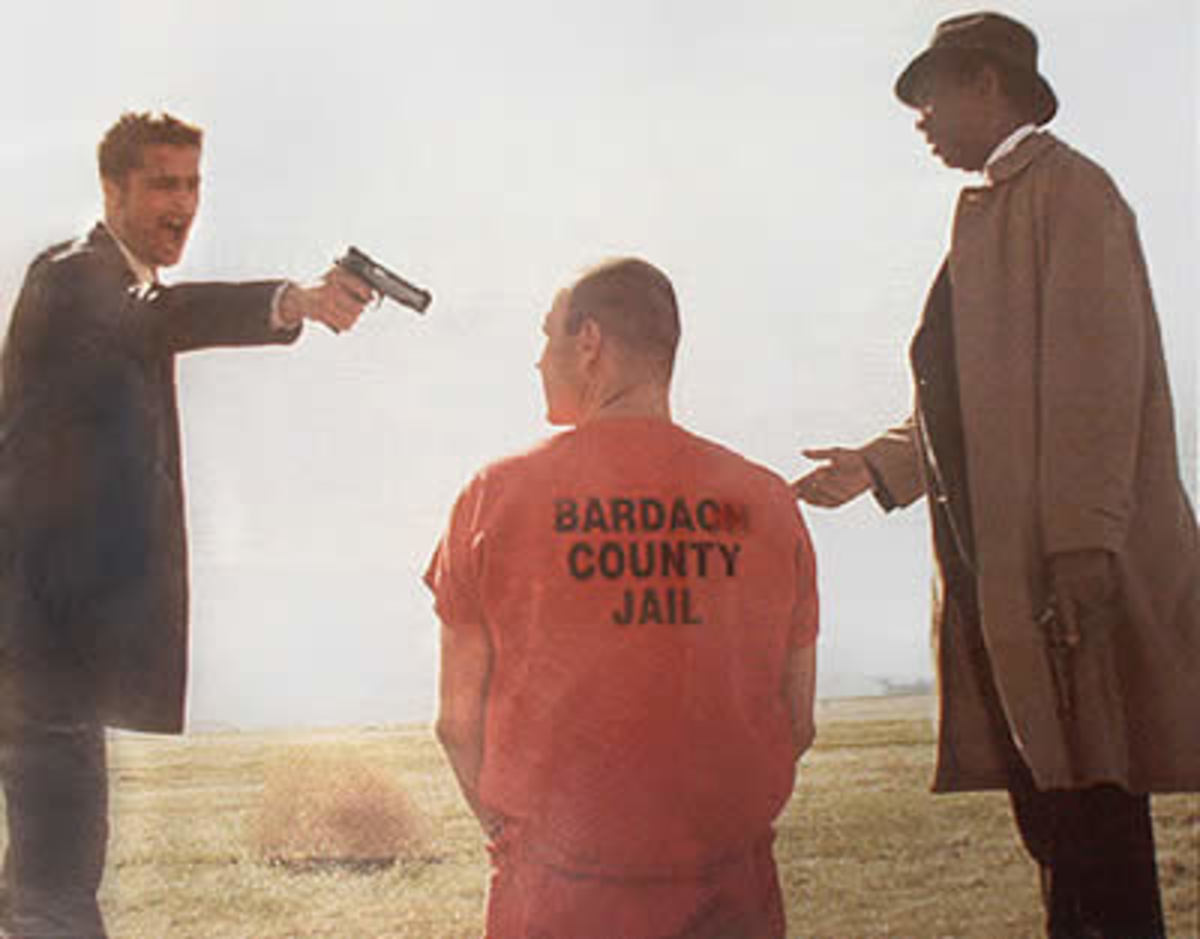Mahler
Mahler (1974)
A few decades ago, I watched Ken Russell's "Mahler" in an art-house movie theater in West Los Angeles. I went into this completely blind -- or nearly so. I had previously observed Russell's "The Devils," so I really didn't know what I'd be witnessing.
I had started to become a classical music fan -- particularly a Beethoven fan, but I wasn't really cognizant of Gustav Mahler's compositions. I think the bits I listened to on the radio kind of gave me a creepy feeling.

Spectacular Improvisation
The movie kind of dazzled me. Now, if you hate Ken Russell, you don't need to read any further.
As for myself I was really pulled in -- from the very beginning. From the onset it was clear that Ken Russell was going to use Mahler's own music to depict imagery drawn from the director's own imagination. For me this strange melding of Mahler's symphonic works (mostly) and Ken Russell's extremely strange interpretations worked in a bizarre way.

Inaccurate But Loving
The movie critics and musicologists lambasted the film for its inaccuracies. Their criticism may be justified, but when you willingly go to see a Ken Russell film, you have to expect wild distortions, exaggerations and foolery. The film is not meant to be a documentary. He's done films on a number of musical composers, and he takes whatever license he chooses, without the fear of ridicule. "Mahler" is no exception. He has a great deal of fun with the subject.
The film is actually very loving. He portrays Mahler in a sympathetic manner. The entire experience takes place on a train ride. Mahler and his wife (Alma) occupy their cabin, and you feel the tension and aloofness of both toward each other. Relying on flashbacks, dreams/nightmares, Russell is able to provide a convincing veneer to Mahler's relationships with his early family, Hugo Wolf, his youthful enchantment with nature, his sacrifices to survive as a conductor, the suicide of his brother, his inescapable conversion to Christianity, the death of one of his children, and his struggles with Alma. Structurally, this never gets too far out of hand because we always return to the train cabin. The dialogue is tight and limited.

Film Values
The costuming is exceptional, as is the cinematography. Russell relies primarily upon stark visuals to convey his story. The visuals (which are very rich) combined with Gustav Mahler's own music, make a powerful impact.
The actors are all marvelous. Robert Powell bears such a strong resemblance to the actual Gustav Mahler it's easy to forget that you are watching a performance. Georgina Hale (as Alma) turns in a mesmerizing effort. Together, they carry the weight of the film with a beautiful dexterity.

On a personal level, the film led me to buy the collected, boxed works of Mahler on vinyl. I'd put on an LP and just listen. For quite a while I found much of the work to be dissonant and perturbing. Slowly, I started to "understand" what Mahler was doing and had a kind of awakening and full appreciation of Mahler's talents. He was bridging an odd period in musical history -- transitioning from the romantic era into the 20th Century. The man was a true genius -- almost completely unappreciated in his own time. I became such an admirer that I joined the Gustav Mahler Society in Los Angeles (which I do not think still exists). Membership didn't involve too much on the part of followers. Interested members could periodically gather at a home in the Hollywood Hills. We'd listen to some Mahler then express our feelings/reactions.
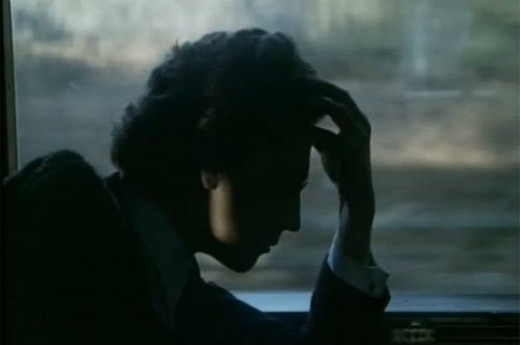
Unfortunately, the Ken Russell film is not available in the US (unless you have a DVD player that can also play European-formatted material) -- at least this was true the last time I checked. I'd like to see this film converted to BluRay and released in the US.
The IMDB gives the film a 7.3 rating, which is pretty decent. Rotten Tomatoes gives it a 79% rating, but has very few contributors to the vote.
Happily, there are a number of Mahler's symphonies performed in live performance (and otherwise) available on YouTube.
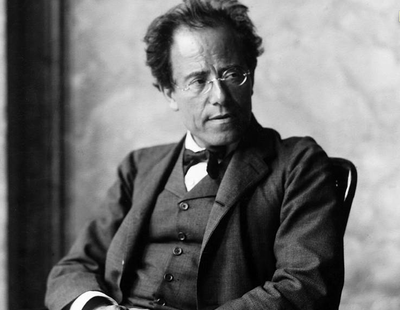
Quite nicely, the entire Ken Russell film is available for viewing (for now at least) on you tube.

